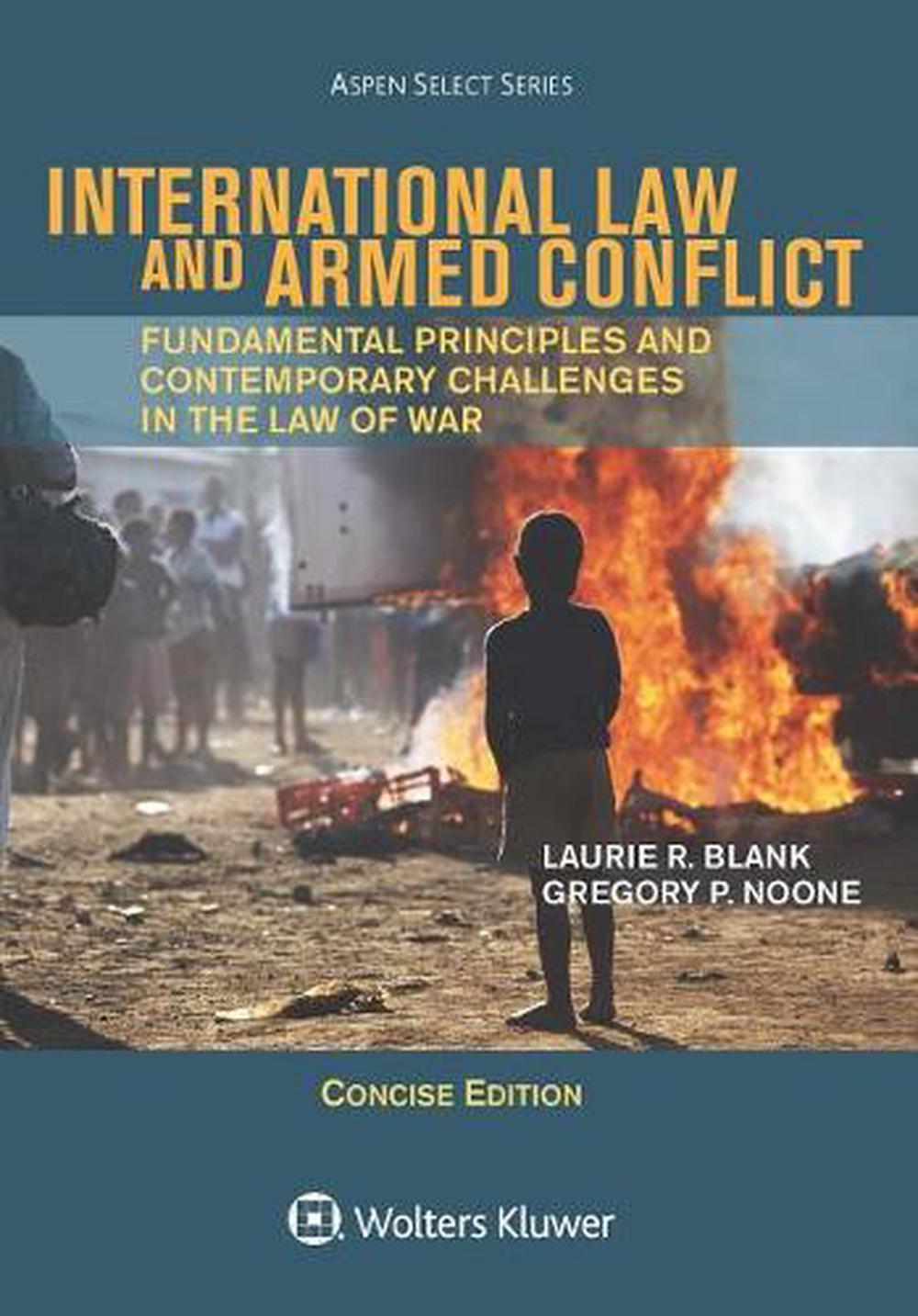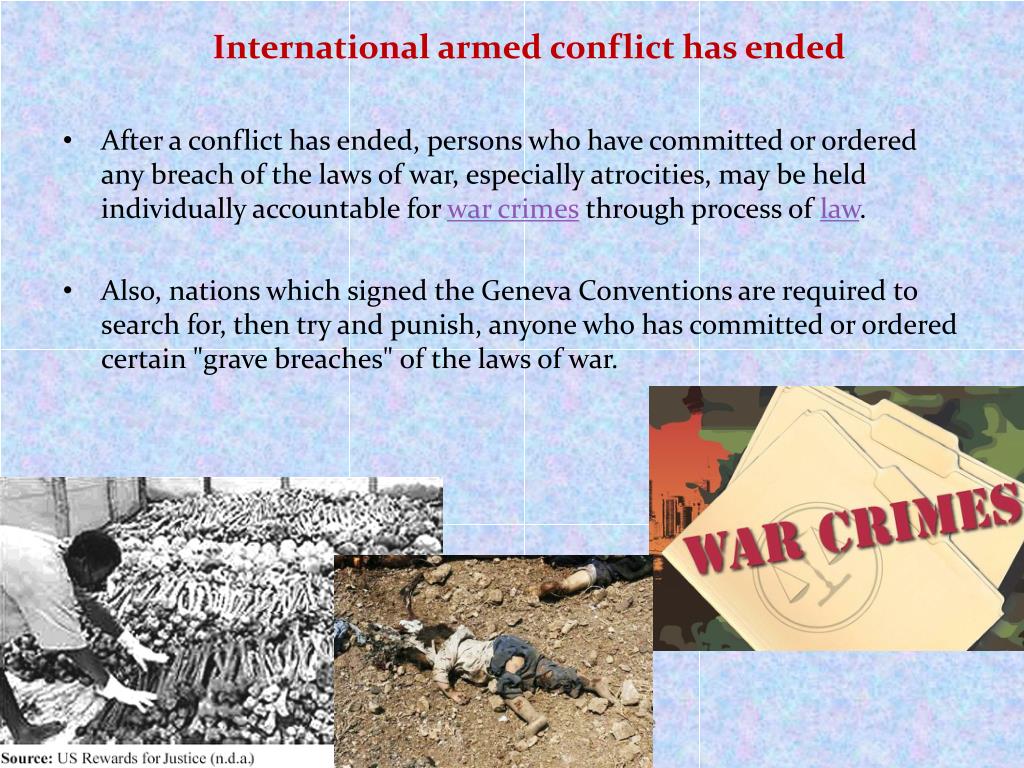
Gill 6 Responding to Transnational Terrorism under the Jus ad Bellum: A Normative Framework Michael N. Michael Reisman*and Andrea Armstrong 5 The Temporal Dimension of Self-Defense: Anticipation, Preemption, Prevention and Immediacy Terry D. Preface Professor Yoram Dinstein Curriculum Vitae Professor Yoram Dinstein List of Academic Publications About the Contributors 1 A Revival of the Just War Theory? Ivan Shearer Ģ Rethinking Collective Security Thomas Franck 3 Topographies of Force Dino Kritsiotis 4 Claims to Pre-emptive Uses of Force: Some Trends and Projections and Their Implications for World Order W. Paralleling Professor Dinstein’s classic works – War, Aggression, and Self-Defence and The Conduct of Hostilities Under the Law of International Armed Conflict − the book addresses both ius ad bellum and ius in bello topics. In a sense, then, the essays, contributed by the top minds in the field, will serve to assist academics and practitioners to anticipate pressure on the law governing armed conflict and, to the extent possible, react accordingly. The intent of this collection of essays in honour of Professor Yoram Dinstein on the occasion of his 70th birthday is to explore such faultlines, first by identifying them and then by assessing their consequences. Whether one agrees with such dire assessments, what has become clear is that armed conflict is increasingly exposing faultlines in the law governing the resort to force.

As a result, claims that both the jus ad bellum and jus in bello are unwieldy and ill-fitting in the context of modern hostilities have surfaced prominently. In the 21st Century, both international security and armed conflict are the subject of arguably unprecedented sea changes. When that happens, international law reacts by allowing provisions to fall into desuetude, embracing new interpretations of existing prescriptions, or generating new norms through practice or codification.

Much more commonly, armed conflict either reveals lacunae in the law or demonstrates how law designed for yesterday’s wars falls short when applied to contemporary conflict. In some cases, law shapes conflict proactively by imposing normative limits in advance of the appearance of proscribed conduct.

International law and armed conflict exist in a symbiotic relationship.


 0 kommentar(er)
0 kommentar(er)
